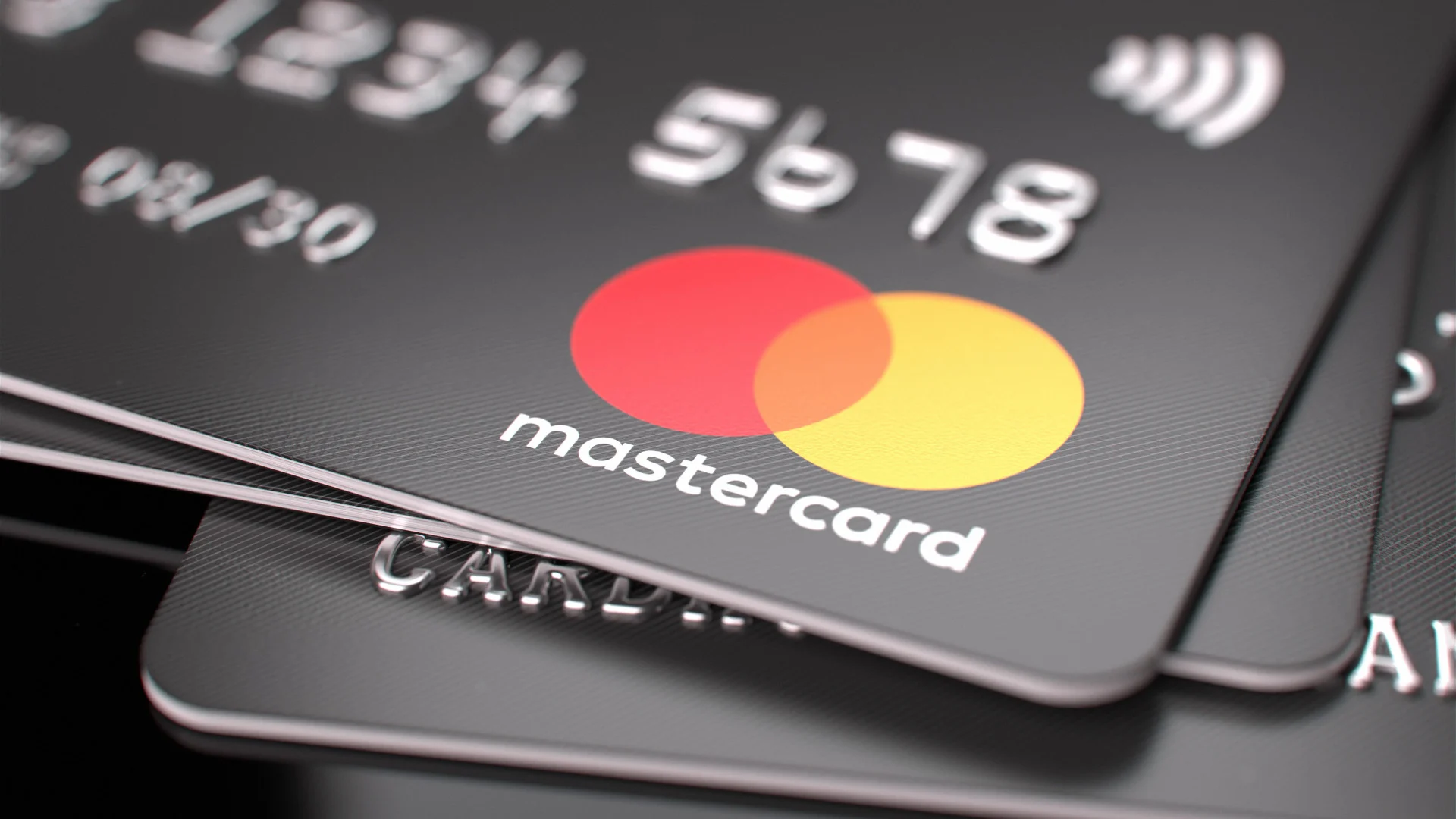Payments giant Mastercard has partnered with crypto wallet service Mercuryo to launch a euro-denominated debit card in Europe. According to reports, this card will enable users to spend cryptocurrencies (such as bitcoin) stored in self-custodial wallets at Mastercard’s 100 million merchants worldwide.
BREAKING‼️ MasterCard launches crypto-card linked directly to your private wallet!
Spend € Euros and pay with #Bitcoin or crypto at 100 MILLION merchants across Europe. pic.twitter.com/EsSvrNldwz
— Bitcoin Archive (@BTC_Archive) September 5, 2024
This comes after the global payments firm piloted a self-custody debit card program with the decentralized wallet MetaMask in August. The program was carried out among selected users in the UK and the European Union.
Support for Self-Custody
The development builds on Mastercard’s efforts to support self-custodial wallets.
“At Mastercard, we are working closely with partners to innovate and enhance the self-custody wallet experience,” said Christian Rau, senior vice president of Mastercard’s crypto and fintech enablement.
Unlike custodial wallets, self-custodial wallets give users full control over their private keys without interference from third parties like cryptocurrency exchanges or wallet providers. With this card, users will be able to spend their self-held crypto assets directly without first moving them to centralized exchanges.
“Through our collaboration with Mercuryo, we’re eliminating the traditional barriers between blockchain and conventional payments, providing consumers who want to spend their digital assets with an easy, reliable, and secure way to do so, anywhere Mastercard is accepted,” Rau said.
In a statement in August, Mastercard’s blockchain lead, Raj Dhamodharan, voiced concerns over the complexities of having to buy and sell crypto using centralized exchanges – which has been an obstacle for crypto users.
Applicable Fees
Meanwhile, the latest card service comes with several operational fees. These include a 1.60 euro issuance fee, a 1 euro monthly maintenance fee, and a 0.95% transaction fee.
Mastercard began supporting crypto as early as 2021. The firm then announced support for digital assets due to increased customer demand and the asset class’s importance in the payments world.
Mastercard has partnered with a list of crypto-related firms, including Coinbase, Circle, Nexo, Moonpay, and others, as part of its crypto push.
